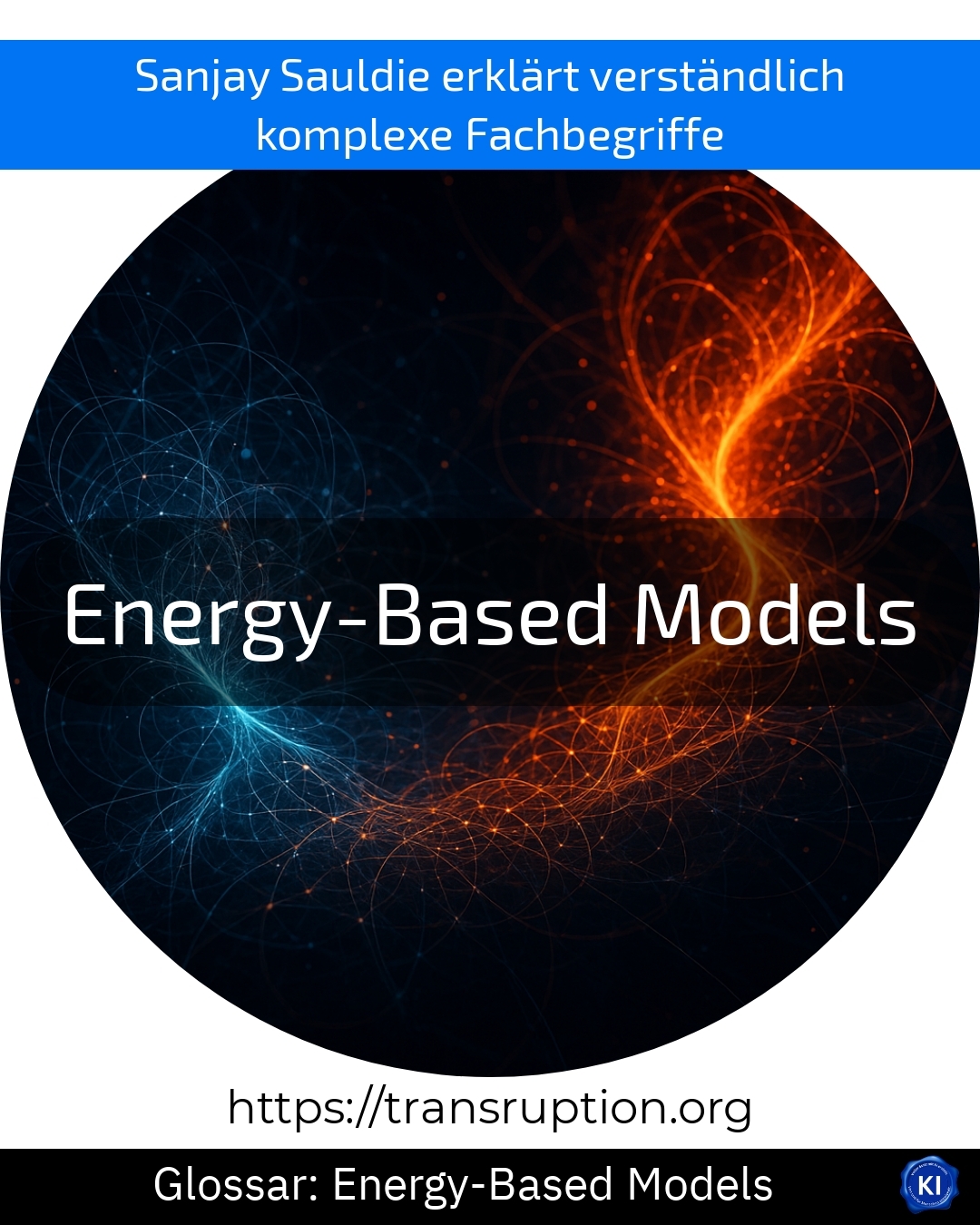Energy-based models are a term used in the fields of artificial intelligence, big data, smart data and automation. They describe a method that enables computers to recognise and understand complex patterns and relationships. The special thing about energy-based models is that they favour or reject certain solutions with the help of a so-called "energy" function. The models evaluate various options and select the one that requires the least "energy" - this is usually the best or most plausible solution.
Imagine that an energy-based model is supposed to recognise whether a cat or a dog can be seen in a picture. The model calculates an "energy" for various attributions. The image is then given the label ("cat" or "dog") that costs the least energy - i.e. fits best.
Energy-based models primarily help to sort data, make predictions or discover patterns. They can be used flexibly, e.g. for quality assurance in factories, for image recognition or to suggest suitable products for customers in online retail. This makes them a helpful tool for many companies to make smart decisions from large amounts of data.















